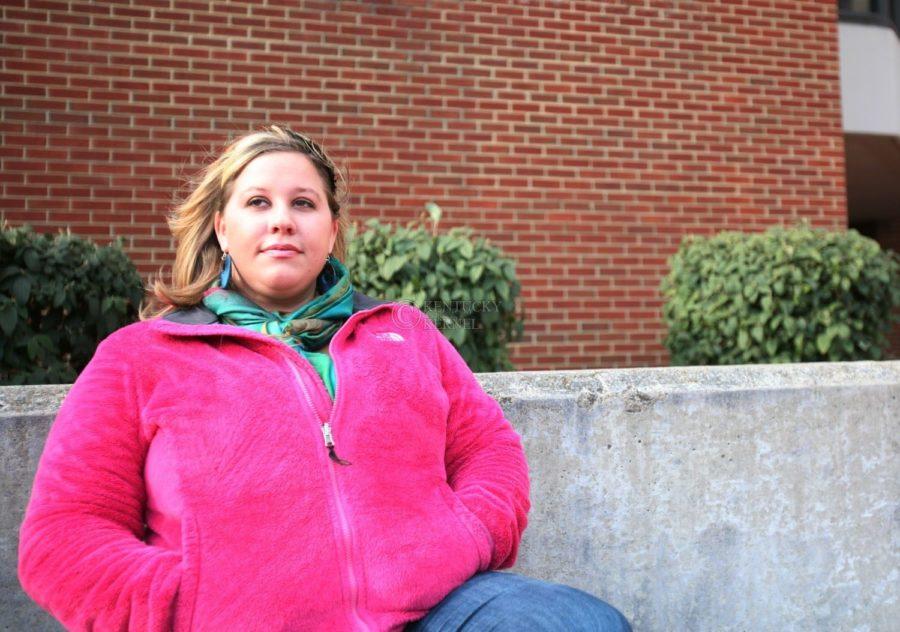Student fights to change university privacy policies
December 11, 2009
When Kirsten Lovas was a freshman, she was not aware personal information such as her residence hall and room number could be found on UK’s Web site — but she found out when she was stalked.
When coming to and from her dorm, Lovas would see her stalker lurking outside and found out he obtained her information from the online directory.
UK follows the 1974 Family Educational Rights and Privacy Act, which is a federal law that tries to protect privacy of personal information within student education records.
FERPA states that schools can give the following information without consent: a student’s name, address, phone number, date and place of birth, honors and awards and dates of attendance, according to the U.S. Department of Education Web site.
UK is required under FERPA to tell students several things about records, and this information is available in the Student Code of Conduct, said T. Lynn Williamson, senior associate in legal services.
While UK has the right to publish students’ personal information, the university must inform parents or students 18 years of age or older that this information is being available to the public, and the school must give parties sufficient time to request that the school not show the information.
“You have to sort of generally tell students what kind of records you have, and you have to notify students of what information is public information,” Williamson said.
Lovas, now a nursing senior, said because all of the information is thrown at students during such a short time, it is impossible for students to remember privacy information.
“I did a presentation in one of my classes, and there were 50 people in my class and the only person that knew about it was the girl that I sit next to because I had already talked to her about it,” Lovas said.
Because of the stalking that resulted from UK’s Web policy, Lovas took her concerns to Student Government last spring. Lovas worked with members of SG in hopes of preventing cases like hers.
The SG Senate unanimously passed a resolution stating that students should be able to choose how much of their information will be shown on the UK Web site.
After the resolution passed, Lovas met with the Registrar’s Office to raise her concerns. Lovas said she got an official response from the university eight months later that said her proposal would not be cost-effective.
“The sanction for not following that federal law by the Department of Education is that an institution will have all federal grant and contract money withdrawn from the institution, that is 300 million dollars of the university’s budget,” Williamson said. “That’s basically all of the research that goes on at the university.”
UK students have the option of setting a privacy flag, but Lovas said after filling one out it took two to three weeks for her information to be removed.
Kathy Hamperian, information management director, said the university switched to a new system in February 2007, and now it would take about two days for a privacy flag to be effective.
Lovas said she is irritated because she has been working on the issue for a year and feels like she has gotten nowhere.
“It’s very frustrating working with a huge institution where everyone just points a finger in a different direction and no one will ever take any responsibility for anything,” she said.
Since receiving a response from the university, Lovas said she has started petitions and surveyed students on whether or not they know their information is easily available. Lovas said although she wants to see change in privacy laws at UK, it was never her intention to speak badly about the university.
“I love this university, but just because I love this university doesn’t mean I’m going to idly stand by in something that affects our entire population in a negative way,” she said. “This is an issue that affects every student in a way that you can never take back, their (UK’s) response is not good enough, and I’m not stopping until it is.”
































































































































































